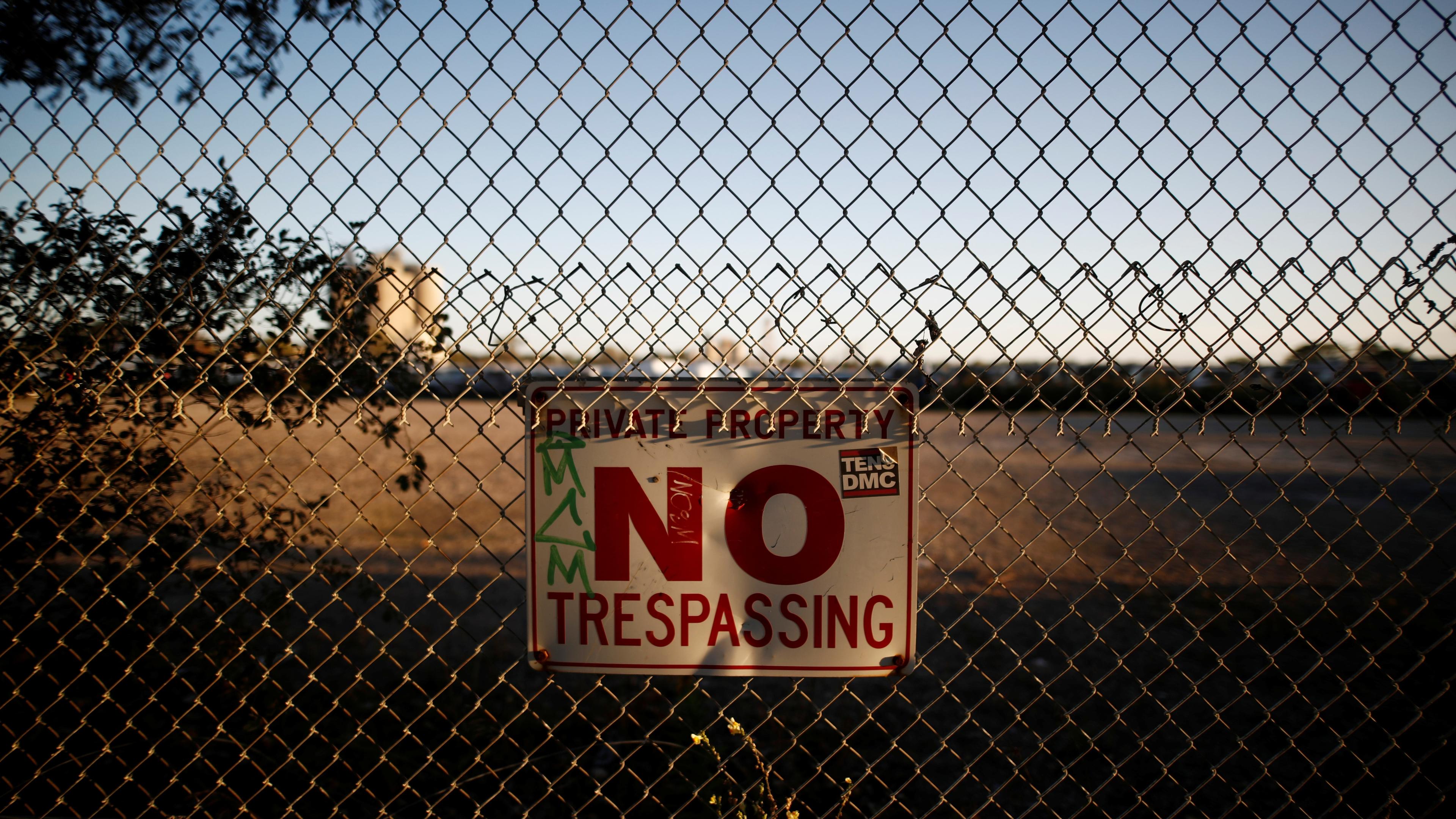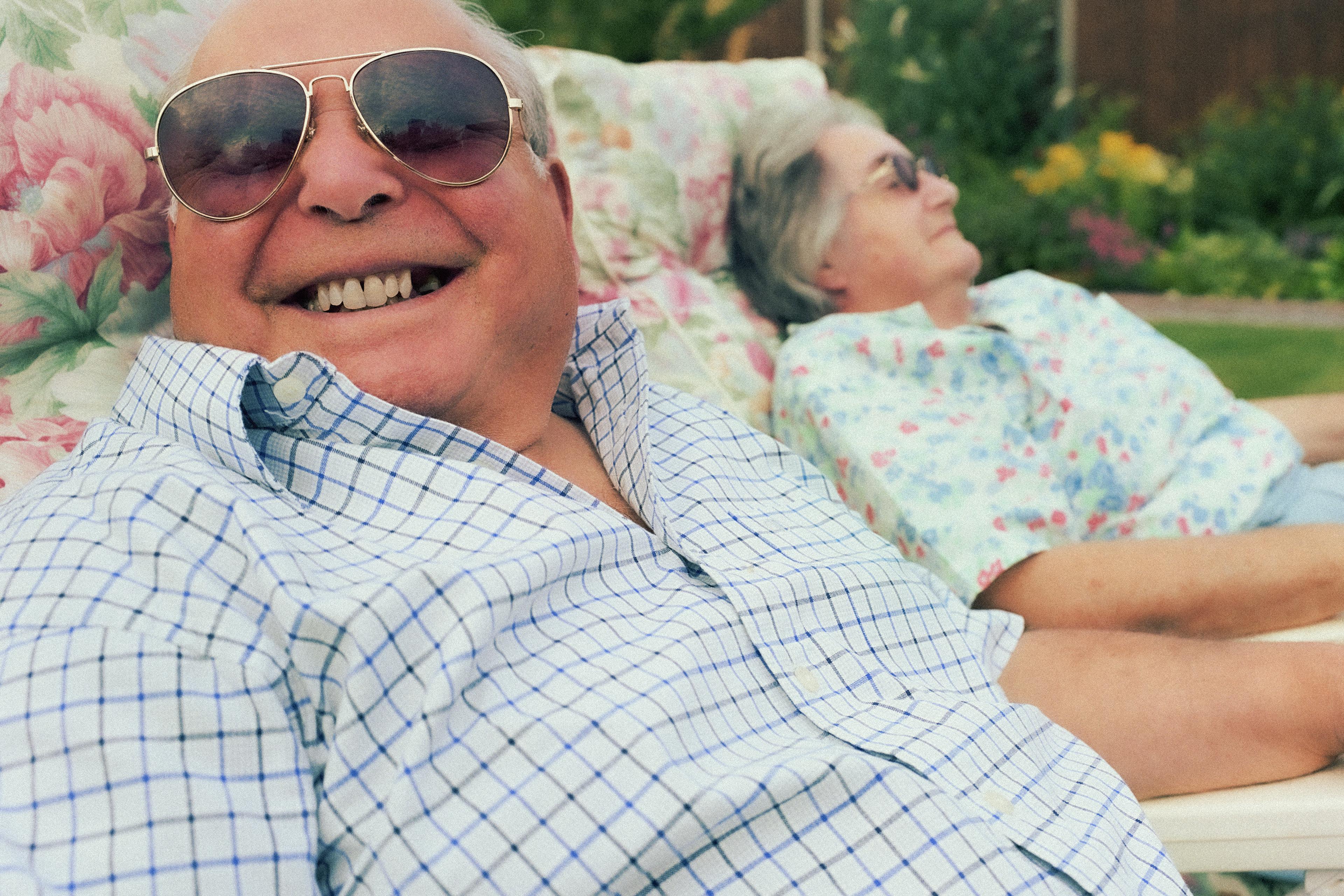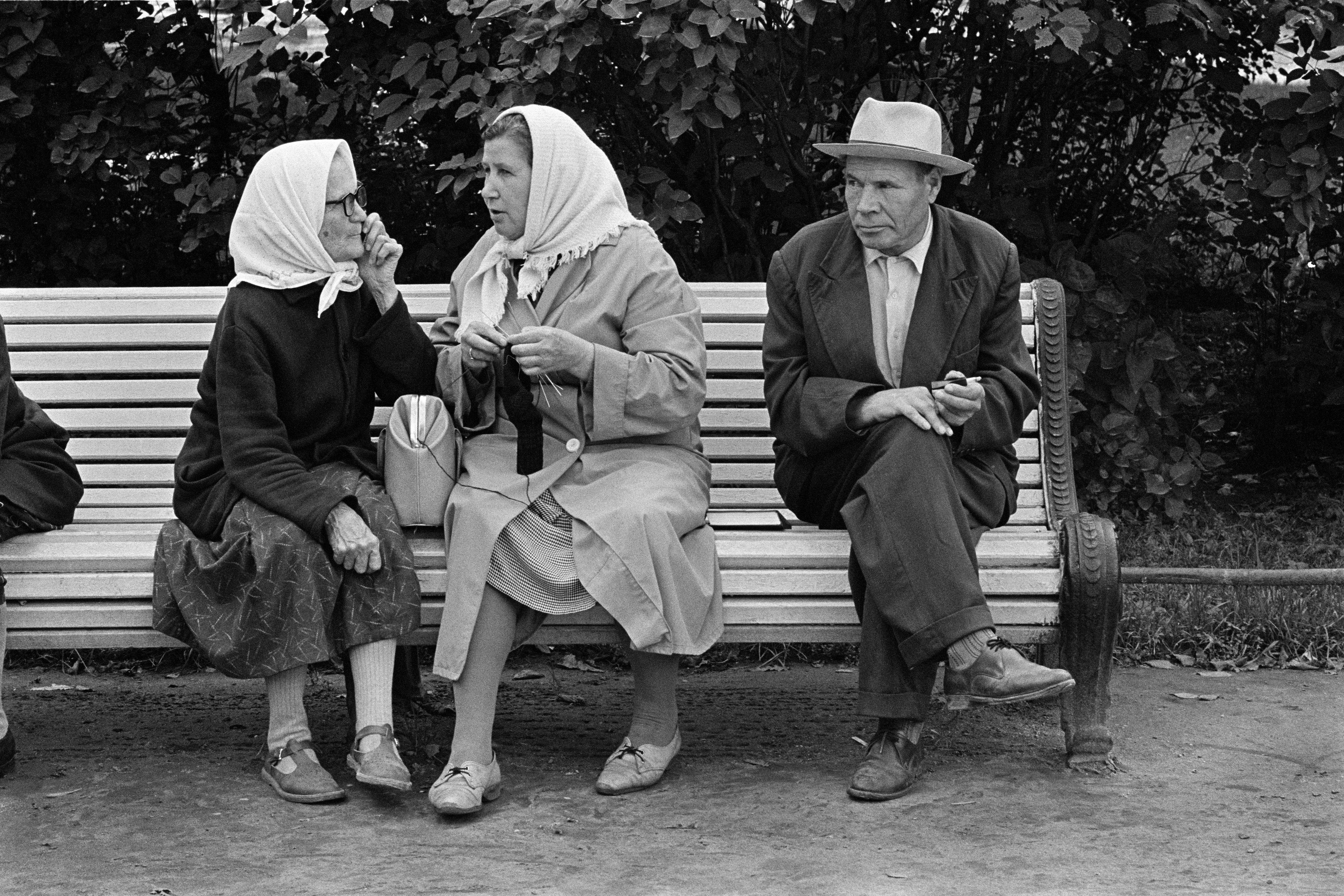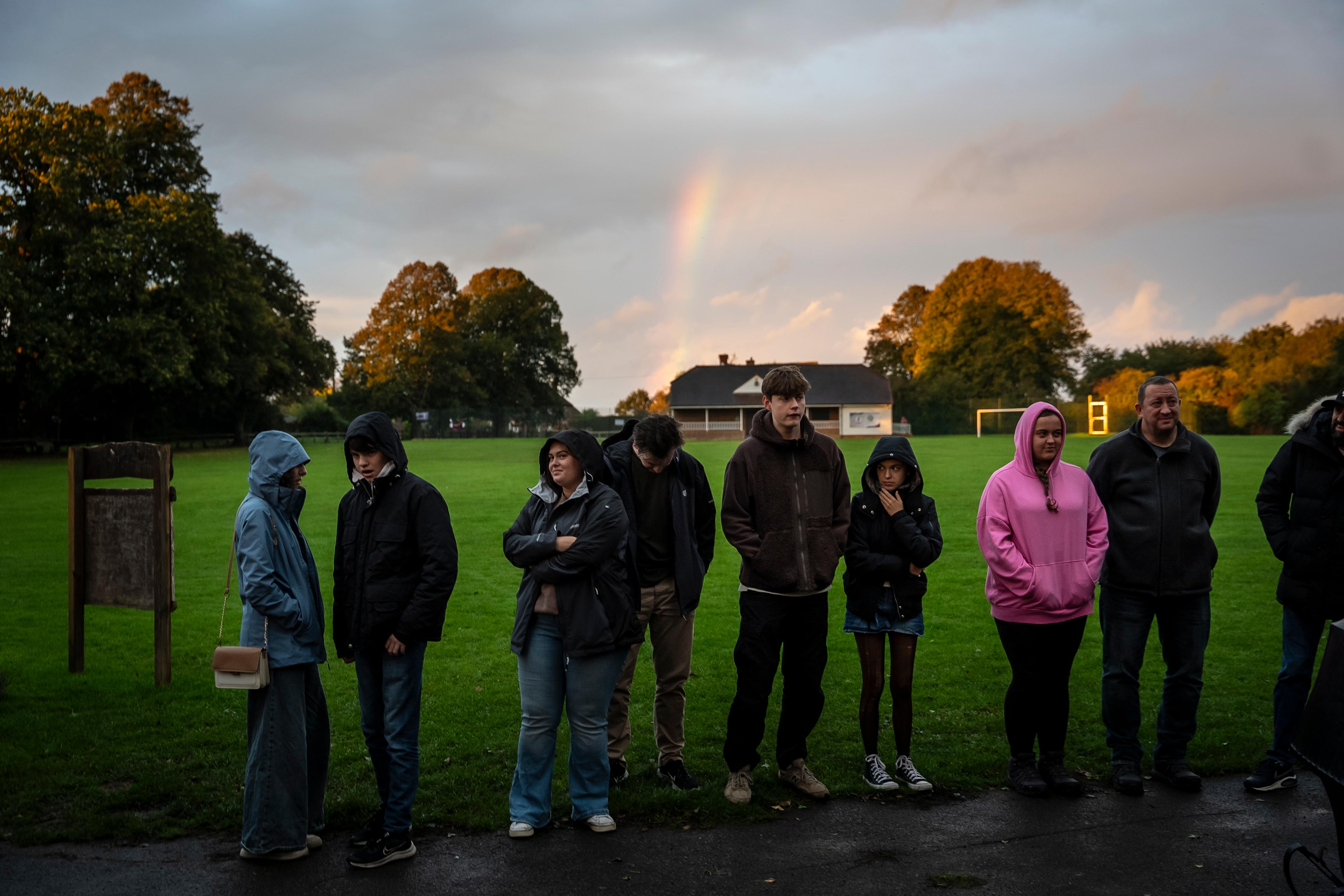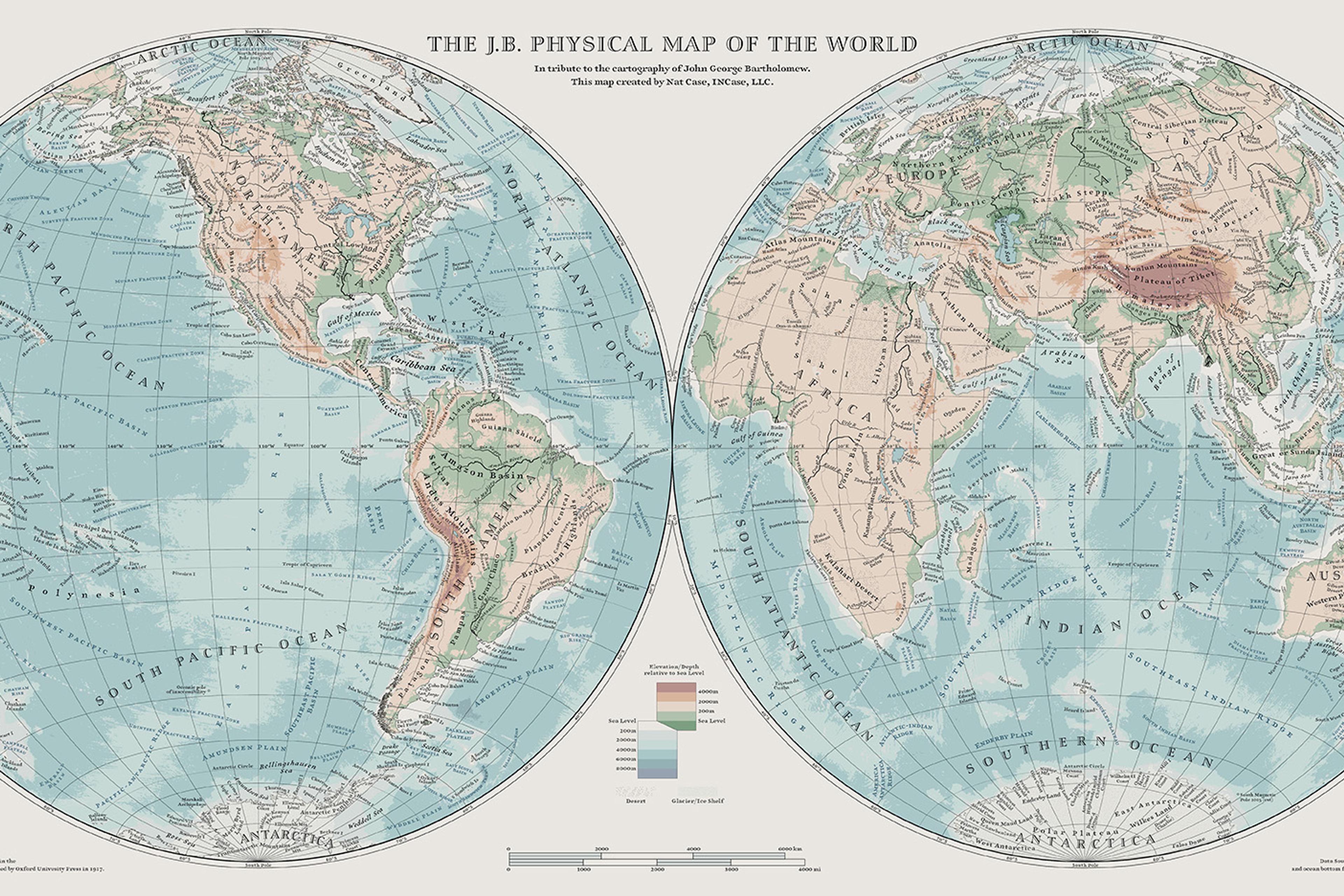Although many moral views seem somewhat universal – most would agree that it’s generally wrong to end someone’s life – people often disagree on how to weight and prioritise different values. For instance, some would argue that ending a person’s life can be morally justifiable when other values are taken into consideration (such as in cases of voluntary assisted dying), while others would strongly disagree.
Why do people routinely arrive at a different set of moral priorities and judgments to that of a friend or family member? Although these differences are commonly attributed to factors such as one’s religious upbringing or local cultural norms, our moral worldviews are also shaped by our individual personalities. In recent years, research using the Big Five personality framework – which describes individual differences in terms of broad traits such as conscientiousness, extraversion and agreeableness – has illuminated how variation in personality relates to variation in moral thinking.
One of the most influential frameworks used to study morality is moral foundations theory. It proposes that people base their judgments of right and wrong, to differing degrees, on at least five core principles:
- Care (vs harm): are there implications for the wellbeing of others?
- Fairness (vs cheating): are there implications for justice?
- Loyalty (vs betrayal): are there implications for my group?
- Authority (vs subversion): are there implications for social institutions and hierarchies?
- Purity or sanctity (vs degradation): are there implications for protecting what’s pure and sacred?
So, for example, someone might argue that mandatory vaccination against COVID-19 is a moral imperative based on the care-related foundation, because it reduces illness and death. But another person could decide it is wrong based on the purity foundation, because (to that person) mandatory injections seem like an invasive violation of the body. Debates surrounding COVID-19 vaccine mandates have been highly politicised in many countries, likely because of their connection with how liberals and conservatives construct their moral worldviews. Specifically, those who identify as liberal or progressive tend to place more importance on the care and fairness foundations than on the others. Conversely, those of a more conservative or traditional political leaning tend to think that morality must also involve respect for authority, fealty to one’s group, and protecting the pure and sacred.
Personality also plays a role in all of this. Focusing on the Big Five personality traits, a 2010 paper by Jacob Hirsh and his colleagues revealed that people scoring higher on measures of agreeableness – which includes being polite, compassionate and cooperative – showed a greater tendency to treat care and fairness as important bases for morality. Agreeable people have particularly strong prosocial motivations, and this appears to shape their sense of right and wrong.
The researchers also found that higher conscientiousness – the tendency to be organised, hardworking and disciplined – was related to rating loyalty, authority and purity/sanctity as important bases for morality. Though less intuitive, this finding fits with the knowledge that conscientious individuals have a preference for structure and order – the desire for everything to be clean, tidy and ‘in its right place’. Such an orderly state of affairs is disrupted when people betray allies, subvert authority, or engage in acts of desecration or profanity, and on that basis such actions might be judged as morally wrong.
Finally, those who scored higher on measures of openness to experience – the tendency to be curious, imaginative and creative – viewed authority and purity as less important to matters of morality. Open people prefer change and innovation to the status quo. So it stands to reason that they would view deference to authority as a poor basis for morality. Based on this finding, we might also expect open people to support moral arguments for protest and civil disobedience, and reject suggestions that the law is always right.
Another major framework we can use to study how people judge right and wrong draws on the philosophical traditions of consequentialism and deontology. In the consequentialist tradition, the morality of an action is evaluated based on the consequences resulting from that action. For example, one might argue that killing someone is wrong because it robs them of their future and leaves their family and friends bereaved. Conversely, in the deontological tradition, morality is an inherent property of the action itself. So, one might argue that killing someone is simply wrong, regardless of the specific circumstances or consequences. It is important to notice here that our inclinations toward consequentialism and deontology can be perfectly aligned – but they can, and often do, come into conflict.
Some evocative thought-experiments known as sacrificial dilemmas help illustrate the tensions that can occur between consequentialist and deontological inclinations. For example, in one scenario – a variation on the ‘trolley problem’ – we are to imagine ourselves witnessing a runaway trolley or tram headed toward five construction workers, who will certainly be killed if the trolley is not stopped. However, we can push a second onlooker – a very large and heavy man – into the path of the trolly, sacrificing one to save five. On consequentialist grounds, this action would seem morally justifiable, but on deontological grounds one could argue that it is simply wrong to kill the innocent bystander, even though more lives would be saved as a result. Of course, the ‘trolley problem’ is a contrived scenario, but it provides a rough model of many real-world moral dilemmas in which different moral values come into conflict.
In a recent study conducted at the University of Melbourne, one of this Idea’s authors (Luke D Smillie) and his colleagues analysed participants’ responses to a set of 20 hypothetical dilemmas – involving life-and-death decisions, animal research ethics, secret-keeping, and other subjects – in order to estimate participants’ general inclinations toward consequentialist or deontological judgments. The researchers also assessed their personality traits. The results showed that those higher in openness to experience were more inclined toward consequentialism. In other words, they seemed more likely to think that the ends (eg, saving multiple lives) justified the means (ending one). But those who were higher in agreeableness were more inclined toward deontology – they tended to judge it wrong to take an action that would directly harm someone, even if the downstream consequences of that action would result in less harm overall.
If we consider these findings alongside those obtained by Hirsh and colleagues in relation to the five moral foundations, what might we conclude? One interpretation is that more agreeable people more often think of morality in terms of firm, socially sanctioned rules related to care and fairness: it’s wrong to hurt someone, it’s wrong to treat someone unfairly, and this is true irrespective of any positive consequences that harmful or unfair actions may have. Conversely, more open people might be more likely to think of morality in terms of a kind of cost-benefit analysis, rather than in terms of strict rules. The rules implied by some of the moral foundations (eg, authority, purity/sanctity) might even be distinctly unimportant to them.
Context is often deemed at least somewhat important to consider when assessing the morality of an action. Most would agree that it is wrong for one child to hit another, but if we discovered that the child had lashed out because they were being provoked or bullied, our assessment of that child’s behaviour might change considerably. It turns out that people differ widely in how much importance they place on the context when thinking about morality.
We recently examined individual differences in context-sensitivity and how they relate to personality. Participants in our study observed two other people complete the so-called dictator game – a simple task in which one person (the ‘dictator’) decides how much of a fixed stake (eg, $10) to share with another person (the ‘receiver’). Studies show that the average amount shared by the dictator is around one-third of the stake, though those higher in agreeableness share more. After watching the interaction play out between the dictator and the receiver, our participants were asked some questions about what they had just seen. First, they rated the dictator’s sharing decision in terms of how morally good or bad it was, in the absence of any contextual information. This indicated the moral importance participants placed on generosity. Then, the participants were informed about a previous round of the game – in which the current receiver had played the dictator role – before rating the current dictator’s decision again in light of the other player’s prior generosity (or lack thereof).
As in the previous studies, the judgments people made were related to certain personality traits. Generous offers by the dictator, as well as relatively generous offers (ie, generous relative to what the dictator had previously received), were judged as more moral by participants who were higher in agreeableness. This seems to suggest that agreeable people tend to view generosity as a good thing, regardless of the context. Openness to experience, in contrast, predicted only how participants judged relatively generous or ungenerous sharing decisions. In other words, for more open individuals, the context of the prior interaction was weighed more heavily in judging the morality of the dictator’s current behaviour.
The various links that personality has with moral thinking can help explain why people often find themselves locking horns, or simply talking past one another, when discussing morally salient issues. Moral quandaries are so named because they are complex and multifaceted, affording different perspectives that people likely arrive at, in part, as a result of their different personalities.
If we each construct different moral worldviews, and this can be explained partly in terms of personality, is morality simply ‘in the eye of the beholder’?
Although there is considerable variation in how people think and make judgments about moral issues, many aspects of our moral thinking appear to be shared by humans around the world. For instance, a recent study examined how 70,000 participants from 42 different countries made judgments about a number of well-known sacrificial dilemmas – including the ‘trolley problem’. In line with the studies described above, individuals varied in how they ranked the moral acceptability of the sacrifice described in each of the dilemmas. But the average rankings were identical across all countries, a striking level of agreement.
From this we can see that it would be a mistake to view morality simply as a matter of individual taste. Despite many differences in our moral worldviews, including those related to our differing personality traits, humans also share plenty of common ground in how we think about right and wrong.
